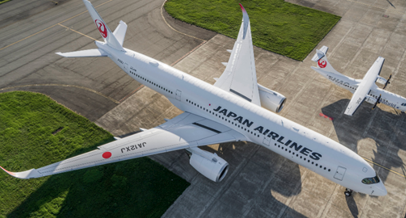
April 18, 2025
Marubeni Corporation recently announced that it has signed a Memorandum of Understanding (MOU) with Japan Airlines, Mitsubishi Chemical Corporation, China Timber Corporation, The Boeing…
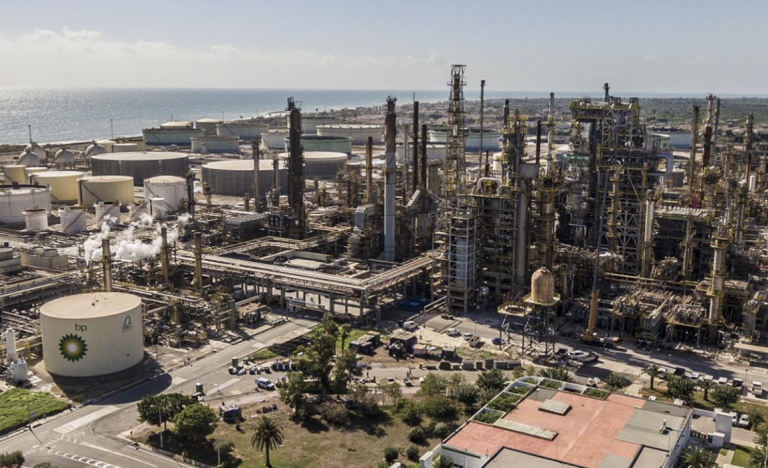
April 14, 2025
According to Bloomberg, BP has decided to suspend its Sustainable Aviation Fuel (SAF) production expansion project at its Castellón refinery in Spain. The project…
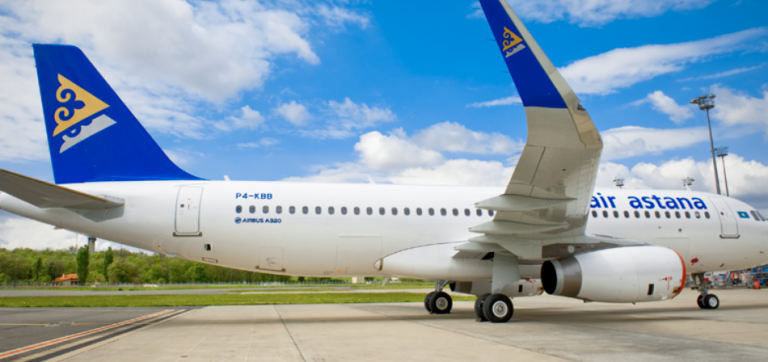
April 10, 2025
On April 9, Aviation LLC, a subsidiary of Kazakhstan’s National Oil Company (NOC), LanzaJet, a sustainable aviation fuel (SAF) technology company, and KazFoodProducts LLP…
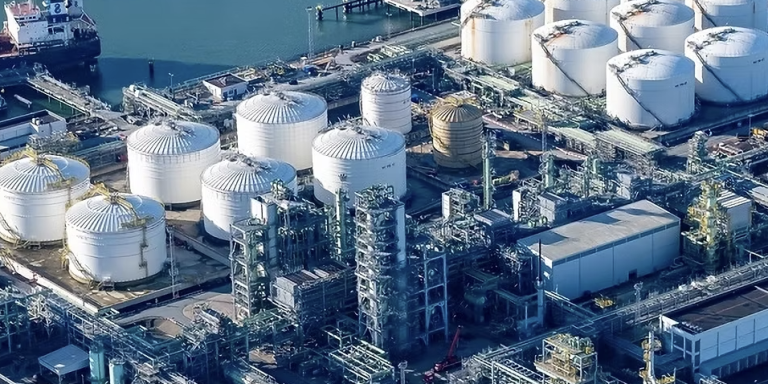
April 10, 2025
Neste Corp., a producer of renewable diesel and sustainable aviation fuel (SAF), announced April 9 that it has begun producing SAF at its biorefinery…
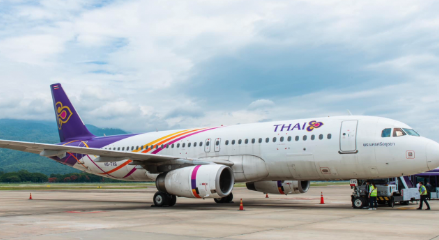
April 7, 2025
April 7 – Thai Industry Minister Mr. Akanat Promphan has announced that Thailand is accelerating the localization of Sustainable Aviation Fuel (SAF) production, with…
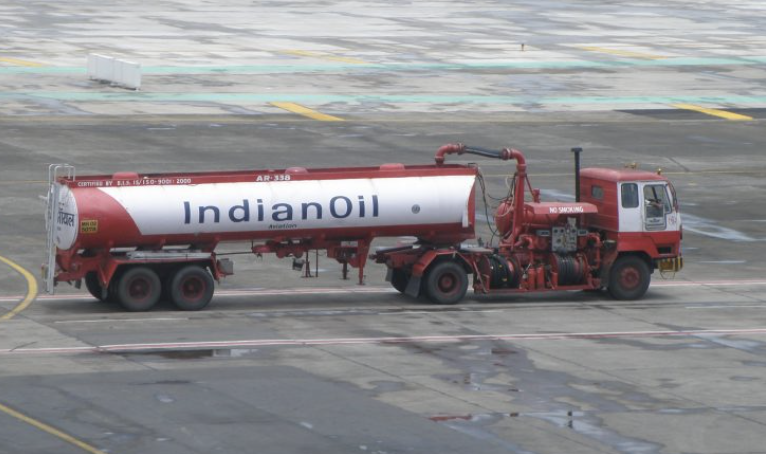
April 4, 2025
India’s leading energy company, Indian Oil Corporation (IOC), is poised to introduce its first batch of Sustainable Aviation Fuel (SAF) by March next year,…
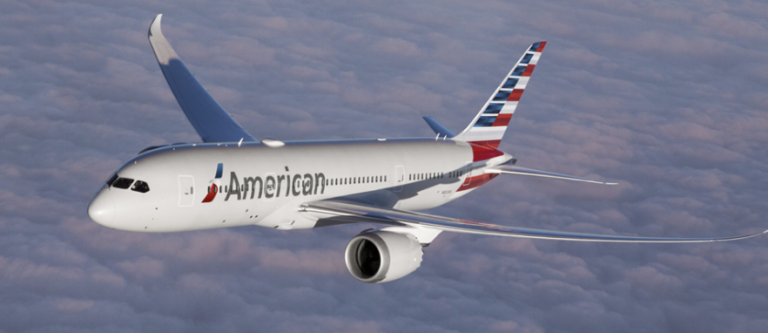
April 4, 2025
Japanese energy powerhouse ENEOS Corporation has just unveiled a groundbreaking sustainable aviation fuel (SAF) agreement with American Airlines—marking the first-ever SAF procurement by the…
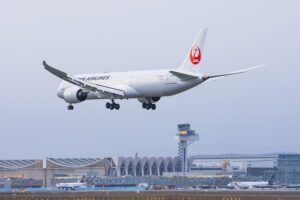
April 4, 2025
On April 2, the Asian Sustainable Aviation Fuel Association (ASAFA) announced a strategic partnership with the World Bioenergy Association (WBA). This landmark partnership marks…
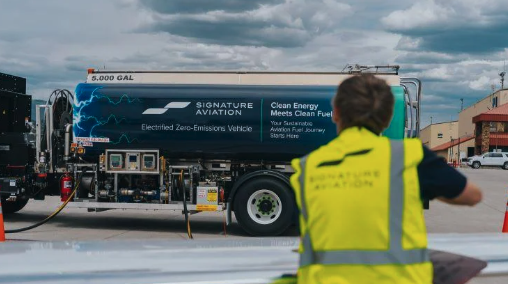
March 25, 2025
March 25 (Bloomberg) — FBO chain Signature Aviation is expanding its sustainable aviation fuel (SAF) operations to six new locations in Europe this year.…
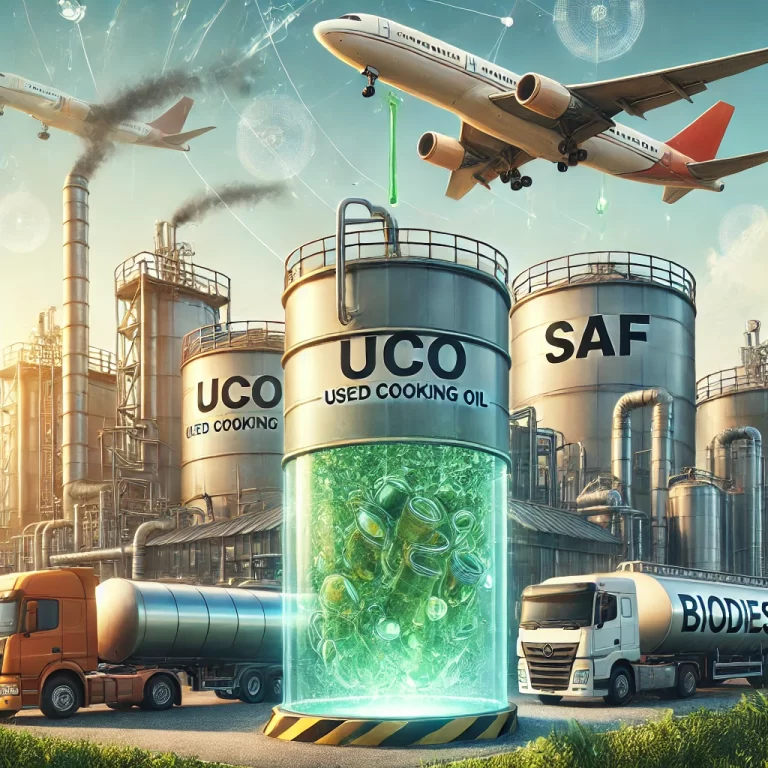
March 25, 2025
Jia’ao Environmental, which recently received an investment from British oil giant BP, has received approval from Chinese regulators to bring its sustainable aviation fuel…









